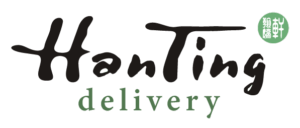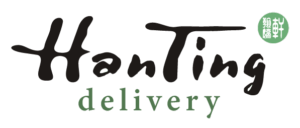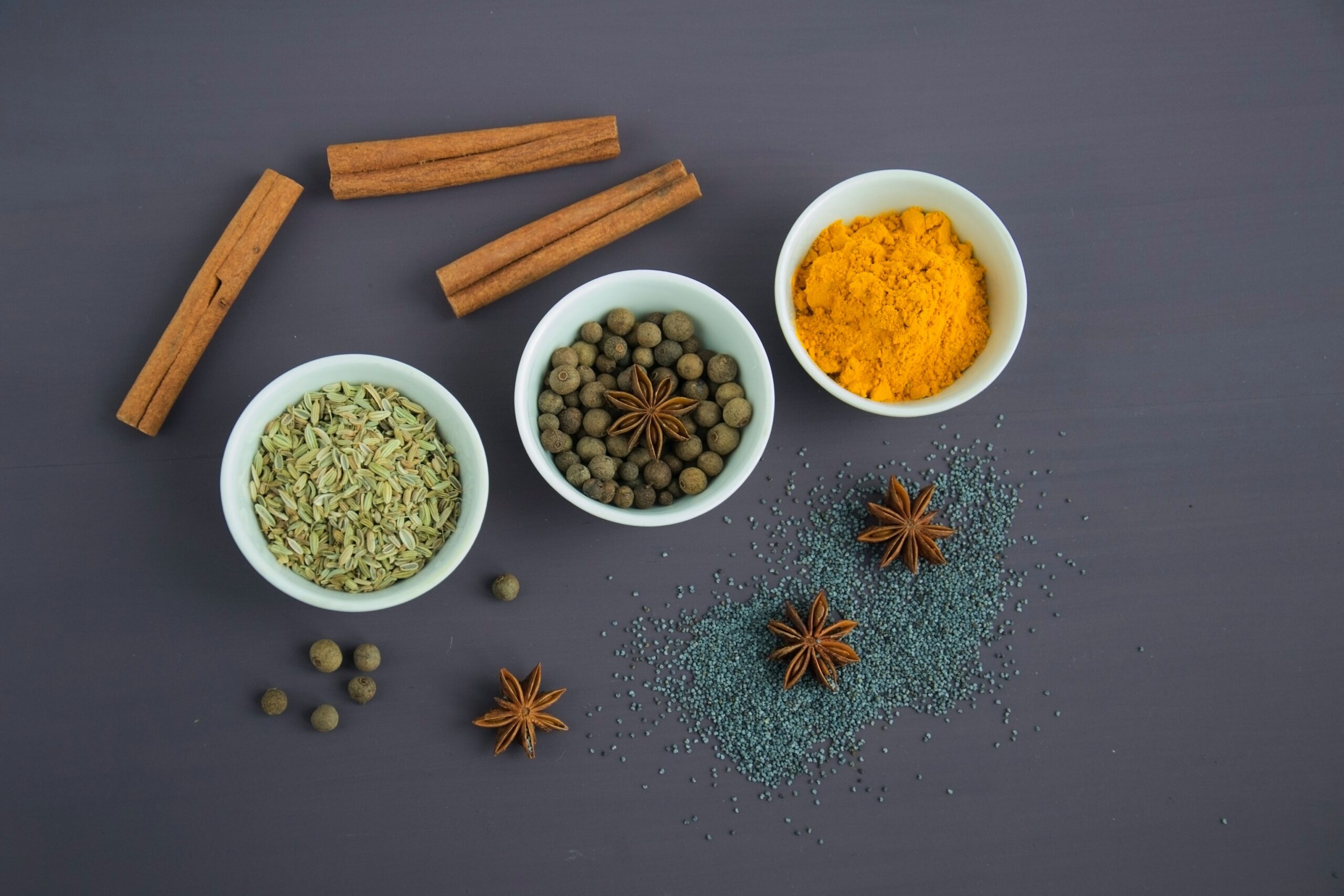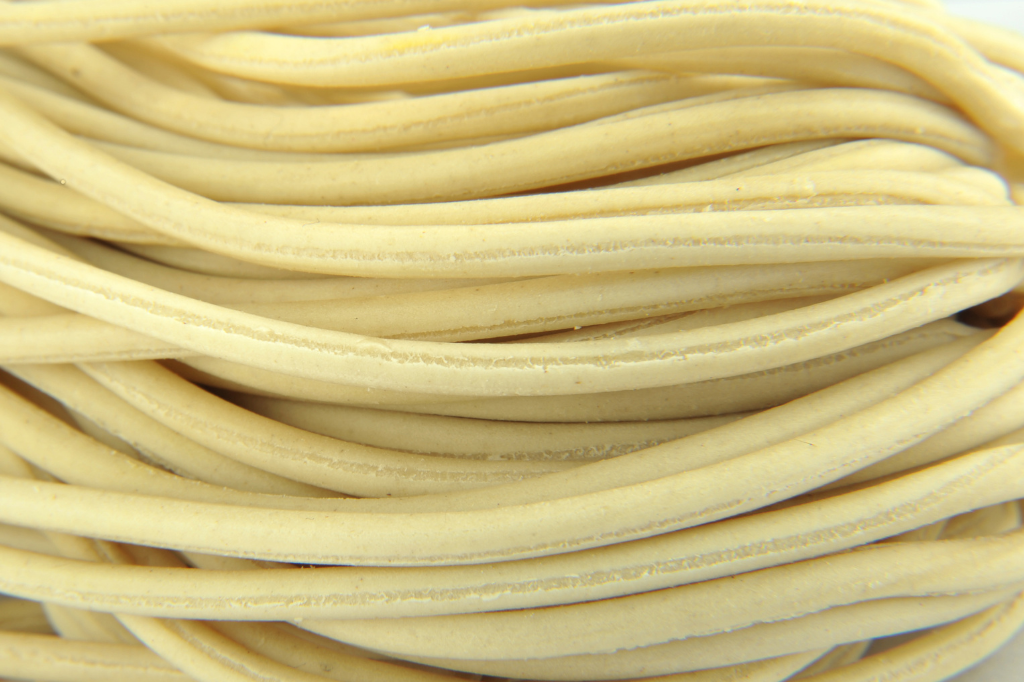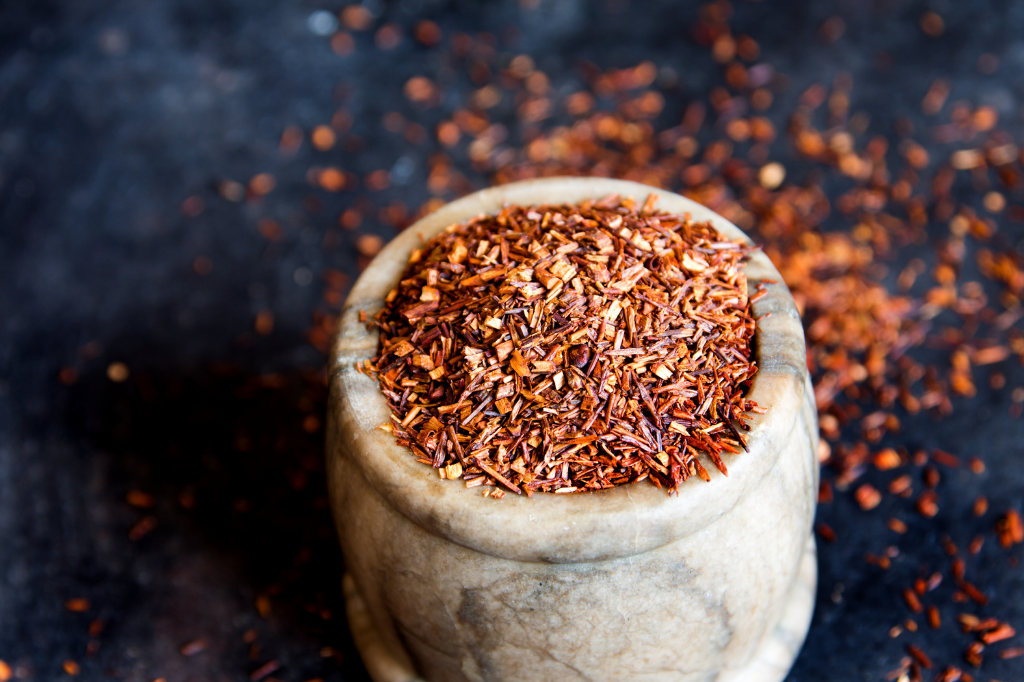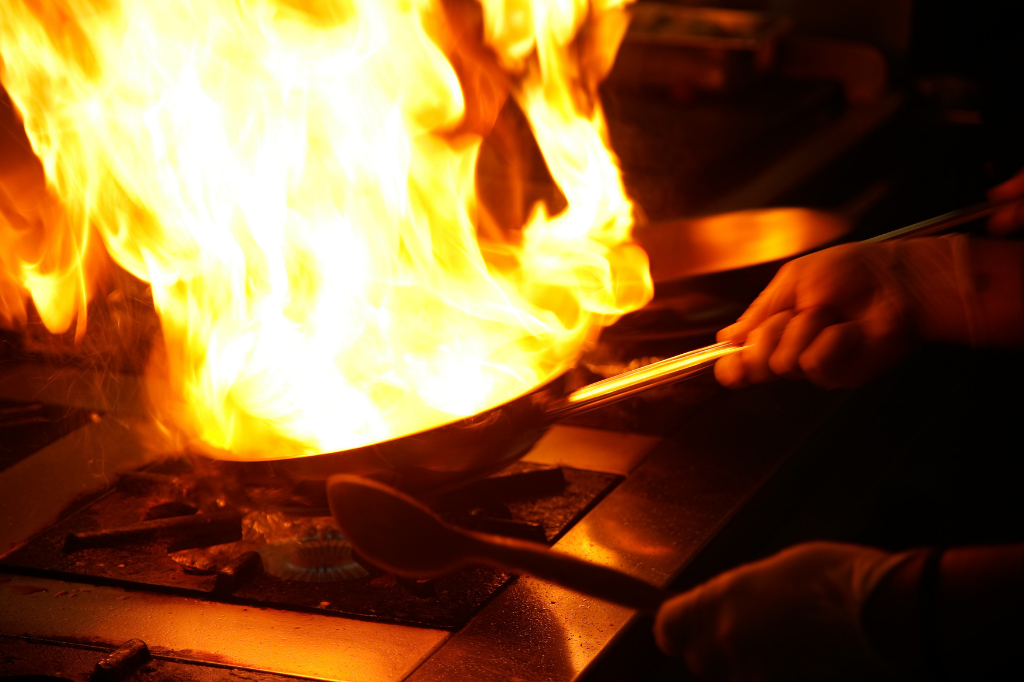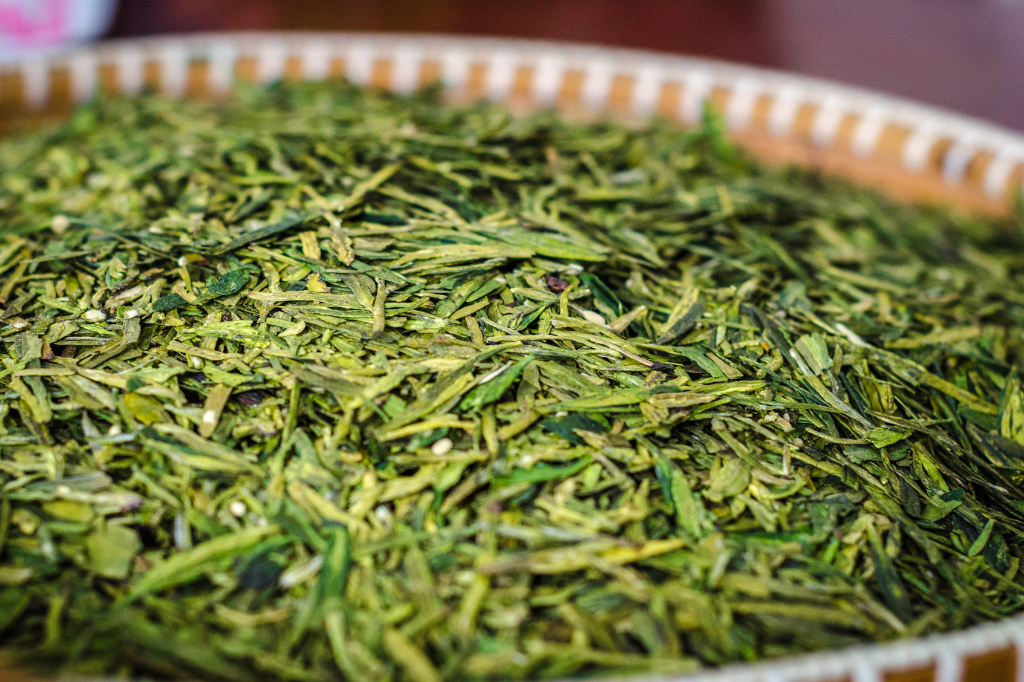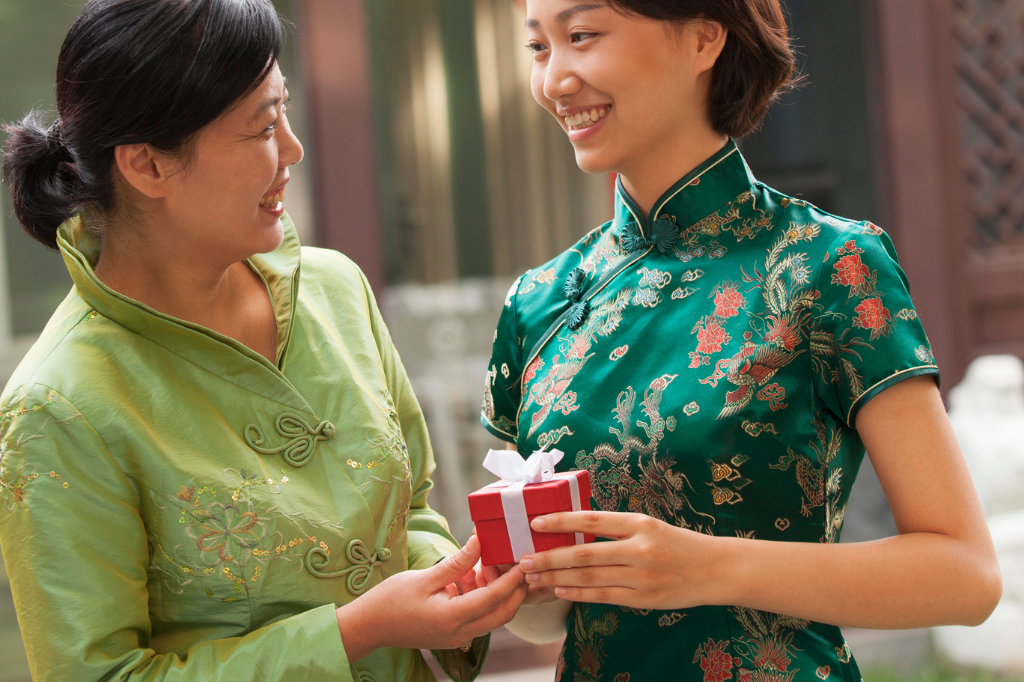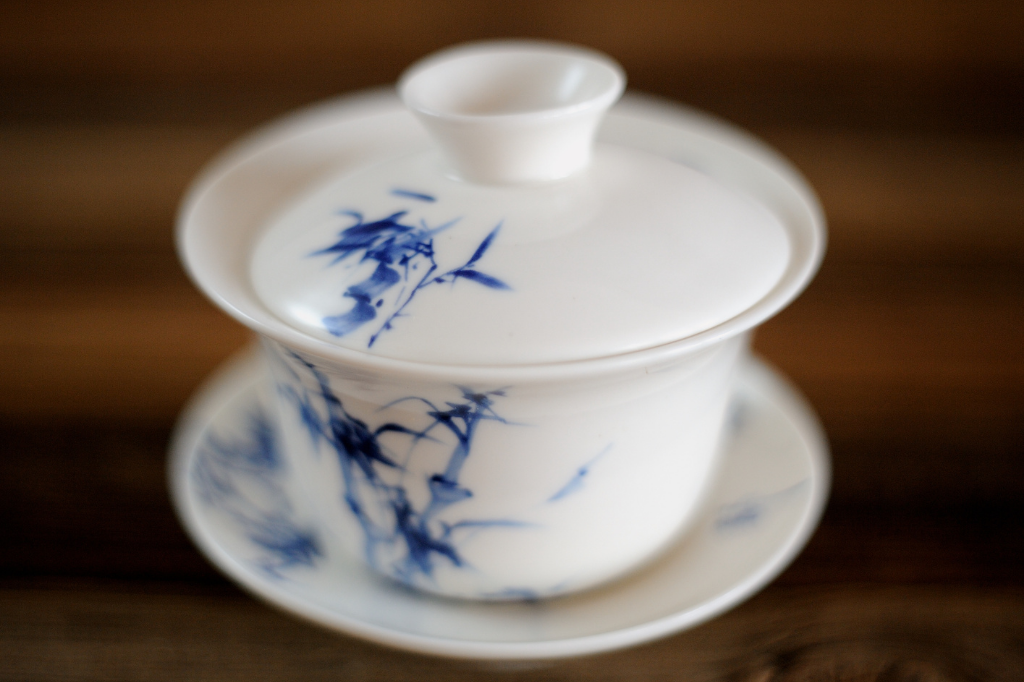The theory of traditional Chinese medicine is a result of the life practice of Chinese people of various ethnic groups for thousands of years. It is supported by Science and plays an important guiding role in improving the physical health of modern people.
The theory of traditional Chinese medicine emphasizes that “food is medicine and medicine is food”, that food and medicine are of the same origin, and that they both are natural products with the same properties. Therefore many ingredients are used in medicine, and medicinal materials can also be added to the daily diet. This is what the Chinese people refer to as “diet and health preservation”.
The purpose of this type of diet is to maintain the body and its health which requires that what is consumed is beneficial to the body.
Traditional Chinese medicine holds that the human body should be replenished in accordance with different seasons. In other words, what you consume must be in line with the times. When food is consumed, it helps to maintain the stability of the body and the balance and unity of the internal and external environment.
Diet and health also must be adapted to local conditions, which mean choosing a reasonable diet that makes use of the different geographical regions. This is because people who grew up in the different regions have different physiques, different eating habits, and different needs and tolerances for food. For example, northerners in China can eat raw green onions and raw chili peppers, but many southerners are not used to it. Generally speaking, it is necessary to avoid food that is harmful to the body and eat food that is beneficial to the body.
The people in this area are the ones who pay most attention to diet and health in China, and the Cantonese daily diet-“Guang-style Lao Huo soup” is the best embodiment.
Lao Huo soup is cooked over a long period of time and has two important features. First, cooks need to pay attention to the heat. The Lao Huo soup is usually boiled over high heat, then simmered over a gentle fire until the flavor of the ingredients is fully integrated into the soup. Another important feature is that cooking old fire soup requires people to pay special attention to the nature of food and solar terms. Lao Huo soup is cooked with meat, bones, fruits and vegetables, beans or traditional Chinese medicine. In the selection of ingredients, make sure that the nature of the food [O1] [Joy2] can help the body achieve balance. In traditional Chinese medicine, the nature of food is generally divided into heaty, cooling, and warm foods, which does not refer to the cold and hot temperature of food, but refers to a long-term state of food affected by its growth environment. Over eating heaty food will cause bad breath, sore throat, acne and ulcers. Too much cooling food will actually make you feel intolerant to cold weather, giving rise to sore muscles, fatigue and cold limbs.
The Guangdong region of China is located in the tropics and subtropics, with long summers and short winters. It often rains in summer, which often makes people feel hot and humid. [O3] People prefer to eat liquid food in such a climate.[O4] Therefore, foods such as soup, that are easily digested, are very popular here. At the same time, special herbs are added to the soup, which have the effects of dispelling dampness and dryness, and have a good health effect.
Some professors believe that Western medicine nutrition is mainly based on the human body’s demand for nutrients and the content of food nutrients to achieve a balance between supply and demand. If it is not balanced, the human body needs to be replenished.
On the other hand, the health preservation of traditional Chinese medicine scholars emphasize [O5] the coordination and balance between man and nature, and the intake of food should be based on the integration of human body[O6] and food nature[O7] [Joy8] , so as to achieve the health of the body. If not, it is necessary to regulate the function of the viscera[O9] [Joy10] , make it adapt, coordinate or improve the ability of supply, absorption and metabolism of the viscera, and finally achieve the balance of the body.
It would be wonderful if we could combine the Western and Eastern concepts of health preservation.
[O1]It is not clear what makes food hot or cold. Is it the acidity? the season in which the food grows? The level of spiciness? Sweetness?
[Joy2]I don’t know how to explain it, but Chinese people think that eating heaty food is easy to get inflammation, which we call “shanghuo.”
[O3]Wrong choice of word.
[O4]How does this work?
[O5]See earlier comments.
[O6]body?
[O7]What is food nature?
[Joy8] [Joy8]See earlier comments.
[O9]intestinal organs?
[Joy10]Hi~TCM scholars believe that food can affect not only human intestinal organs, but all major organs, such as spleen, lung, kidney, liver and heart, so I think we can’t just point out intestinal organs here.
